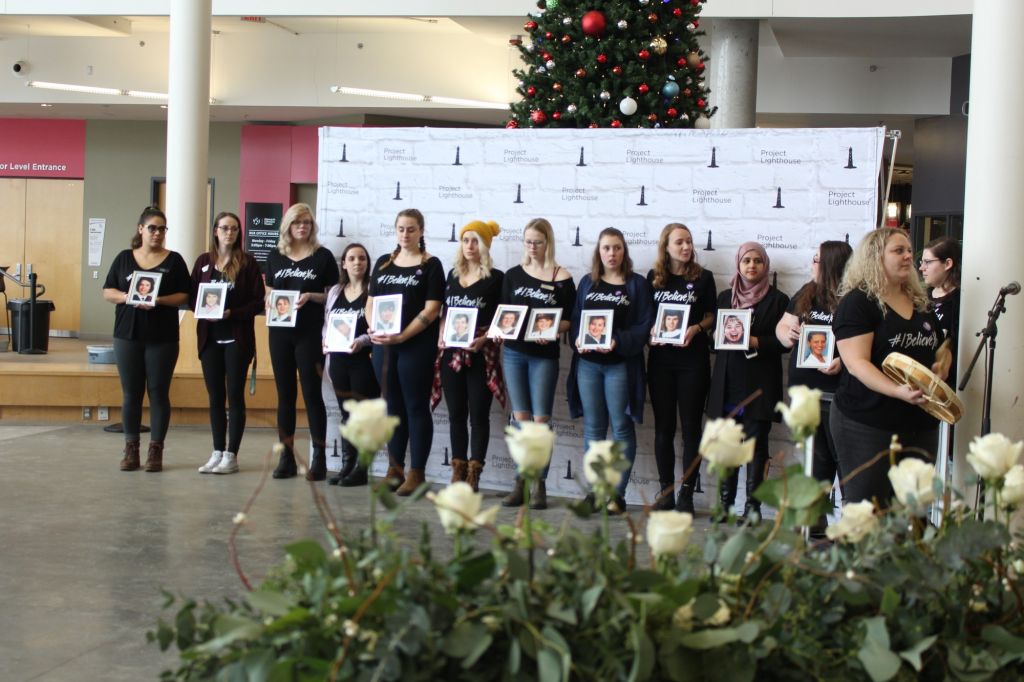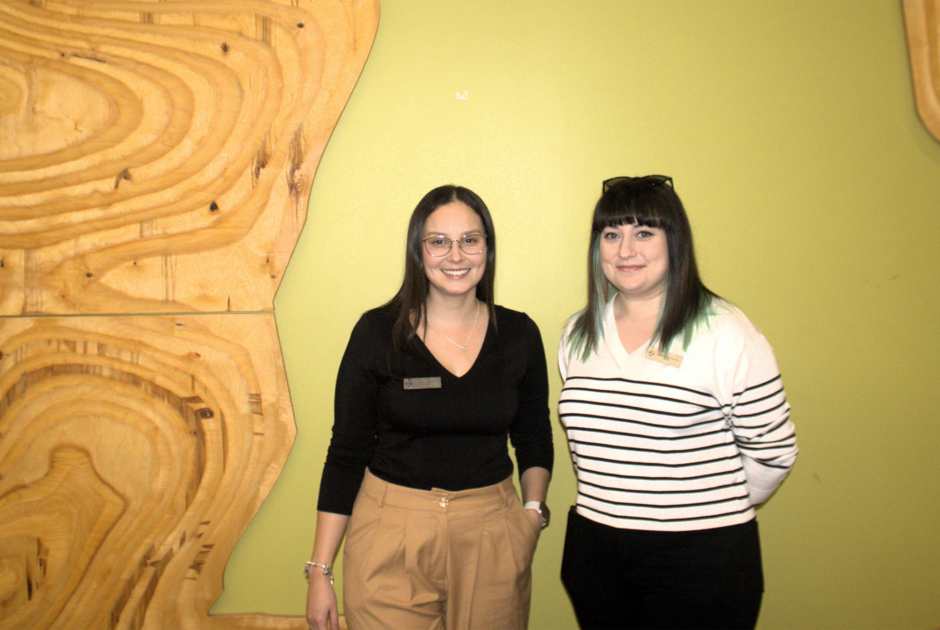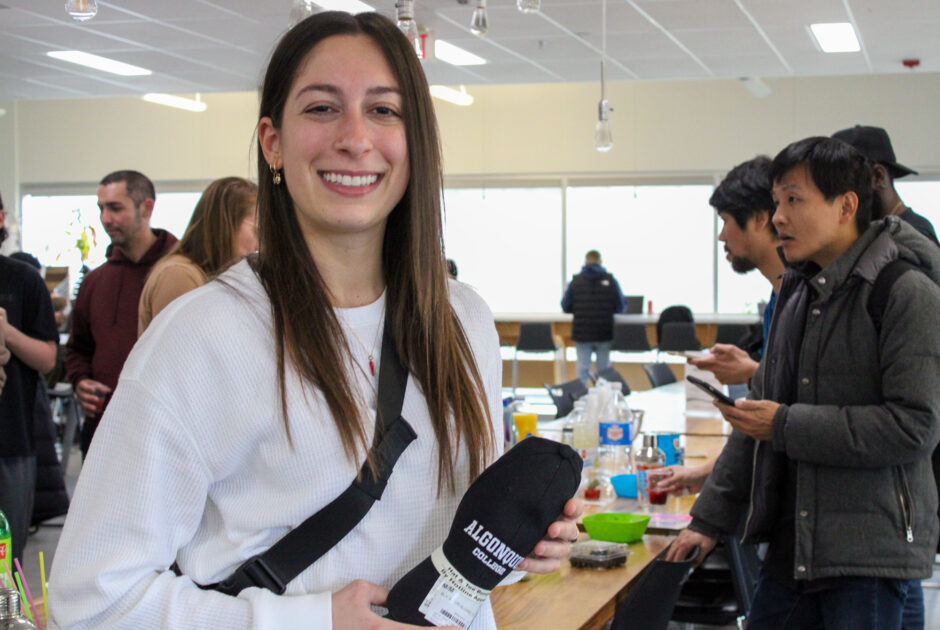Algonquin community remembers the women murdered at École Polytechnique

Thirty years after one of the most horrific shootings in Canadian history, the Algonquin College community came together to remember.
Many students at Algonquin weren’t even born in 1989 when 14 women were murdered in cold blood in an engineering classroom at Montreal’s École Polytechnique because they were women.
Sarah Crawford, the college’s sexual violence prevention & harm reduction coordinator, organized the event to remember those lost.
“Although this happened 30 years ago, the rates of gender violence have remained the almost same,” said Crawford. “So, it’s really important that even though this one example of violence was so long ago, that we still remember that every day there is gender violence still happening.”
Algonquin’s president Claude Brulé also attended this event to show his support.
“It’s important for us to remember what happened, and what still happens today with gender-based violence.” Brulé said, “The need to treat both genders equally well and providing safety is important.”
In the Student Commons, Crawford set up three tables for the event.
One table, displayed the pictures of those lost in the shooting.
The second table had a display created by the Creative Sunflower for the event. The arrangement on this table had 14 white roses with little pearls set on the thorns. Each flower represented each of the lives lost while the pearls symbolized the 30-year anniversary.
The last table had framed facts about gender-based violence alongside puzzle pieces for people could colour.
“We’re all part of a piece in ending gender violence,” said Crawford. “Once every puzzle piece is filled out, we’ll put them together to make one big puzzle.”
After everyone gathered in Student Commons, the pictures of the victims were handed out to 14 volunteers wearing #Ibelieveyou t-shirts before they began their march throughout the college.
They were escorted by drummers, one of whom was Jackie Tenute, the college’s Aborginal counsellor. She wore a jingle dress to represent the missing and murdered Indigenous women.
“The red jingle is a healing dress,” said Tenute, during her speech at the event. “It represents the violence that happens and the healing that can take place.”
Many stopped by the tables, asking what they could do to help show their support.
“I heard about it on the website, and contacted Sarah to see how I could help.” said Vanessa Hendren, an event volunteer. “It’s a good cause.”
This event is one of many in the Lighthouse Project’s effort to reach out to students on issues such as sexual and gender-based violence.








